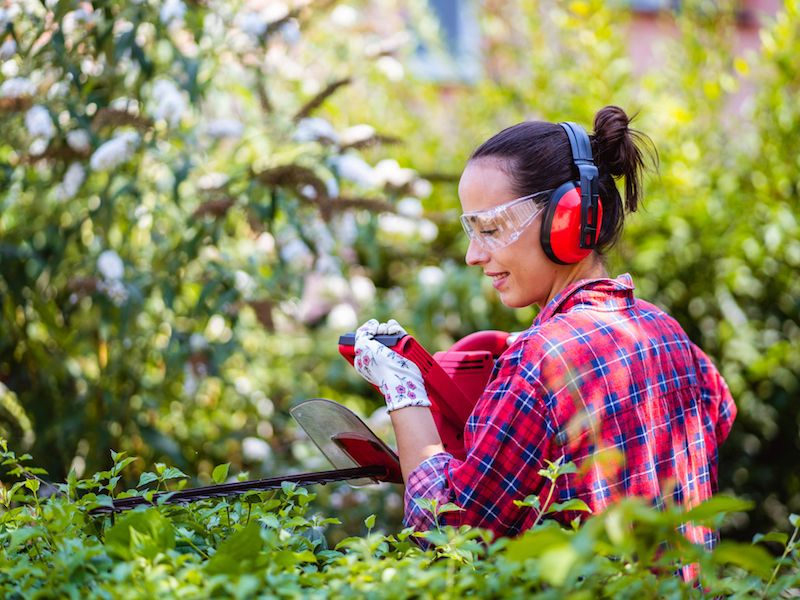
Safeguarding your hearing is a lot like eating right. It sounds good, but not many of us have a good idea of where to start. If there aren’t any apparent noise risks and you don’t consider your daily environment to be particularly loud, this is especially true. But daily life can put stress on your ears and your senses, so your auditory acuity can be maintained if you apply these tips.
If you want to continue to enjoy the sounds around you, you need to do everything you can to slow down the degeneration of your hearing.
Tip 1: Hearing Protection You Can Wear
Using ear protection is the most sensible and basic way to safeguard your hearing. This means taking basic actions to minimize the amount of loud and damaging noises you’re exposed to.
For many people, this will mean using hearing protection when it’s required. Two general forms of protection are available:
- Ear Muffs, which are placed over the ears.
- Ear Plugs, which are placed in the ear canal.
Neither form of hearing protection is inherently better than the other. There are advantages to each type. Your choice of hearing protection should, most notably, feel comfortable.
Tip 2: Know When Sound Becomes Harmful
But
The following threshold is when sound becomes dangerous:
- Over 100 dB: Your hearing can be very quickly damaged by this. Anything above this limit can injure your hearing in minutes or seconds. Rock concerts and jet engines, for instance, can injure your hearing in around thirty seconds.
- 85 decibels (dB): This level of sound is harmful after around two hours of exposure. This is the level of sound you’d expect from a busy city street or your hairdryer.
- 95-100 dB: This is the normal level of your earbuds or the level of farm equipment. After about 15-20 minutes this level of sound becomes hazardous.
Tip 3: Your Phone Can Become a Sound Meter
We can take steps to minimize our exposure, now that we have an idea of what levels will be harmful. But in everyday life, it can be challenging trying to gauge what is too loud and what isn’t.
That’s where your smartphone can become a handy little tool. Sound meter apps exist for every type of smartphone.
Having a live sound meter with you will help you measure everything you’re hearing in decibels, so you’ll have a far better understanding of what hazardous levels actually sound like in your day-to-day life.
Tip 4: Keep an Eye on Your Volume Buttons
The majority of people today listen to music via their phone or smart device, and they normally use earbuds while they do it. This creates a dangerous situation for your hearing. Your hearing can be significantly harmed if you keep your earbuds too loud over a long period of time.
Somonitoring the volume control means safeguarding your ears. You should not increase the volume in order to drown out noises somewhere else. in order to make certain that volume doesn’t get too high, we suggest using volume configurations or app settings.
Earbud use can become something of a negative feedback loop if your hearing starts to wane; in order to make up for your faltering hearing, you could find yourself constantly increasing the volume of your earbuds, doing more harm to your ears in the process.
Tip 5: Get Your Hearing Examined
You might think of a hearing exam as something you get when your hearing has already started to decline. Without a standard to compare results to, it’s not always easy to detect a problem in your hearing.
Acquiring data that can be used for both diagnostic purposes and for treatment can be best accomplished by scheduling a hearing test and screening. This will give you some extra perspective for future hearing choices and ear protection.
Keep an Eye on Your Hearing
In an ideal world, protecting your ears would be something you could do constantly without any difficulty. But there will always be difficulties. So safeguard your ears when you can, as often as possible. Also, get regular hearing exams. Use these suggestions to improve your chances.
